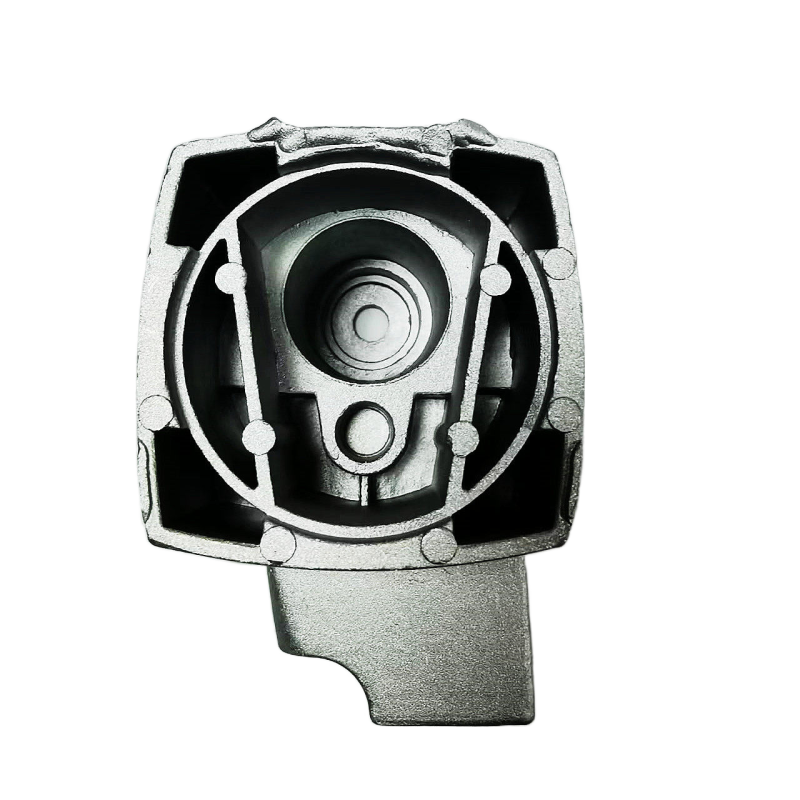Address
304 North Cardinal
St. Dorchester Center, MA 02124
Work Hours
Monday to Friday: 7AM - 7PM
Weekend: 10AM - 5PM
Address
304 North Cardinal
St. Dorchester Center, MA 02124
Work Hours
Monday to Friday: 7AM - 7PM
Weekend: 10AM - 5PM

Aluminium die-cast power tool housings are a common type of housing used in the manufacturing of power tools such as drills, saws, and sanders. These housings are made by casting molten aluminium into a mold that has been shaped to the desired form of the housing. The aluminium used in these housings is typically an alloy that has been optimized for the specific requirements of the power tool, such as strength, durability, and corrosion resistance.
One of the main benefits of using aluminium die-cast power tool housings is that they are very strong and durable, yet lightweight. This makes them ideal for use in power tools that are designed to be portable and easy to handle. Additionally, aluminium is resistant to corrosion, which makes these housings suitable for use in a wide range of environments.
Another advantage of aluminium die-cast power tool housings is that they can be easily molded into complex shapes and designs, which allows manufacturers to create power tools with unique and ergonomic shapes that are comfortable and easy to use.
Overall, aluminium die-cast power tool housings are a popular choice for manufacturers of power tools due to their strength, durability, and versatility.
Here are some notes on aluminium die-cast power tool casing moulds.
Mould design is key: The design of the mould plays a key role in the quality and accuracy of the final power tool casing. It is important to carefully consider factors such as the shape and size of the housing, the thickness of the walls, and the location of any holes or other features.
Moulds require precise machining. In order to create an accurate and high quality mould, precise machining techniques such as milling or electrical impulses must be used. This ensures that the shape of the mould is accurate and the dimensions are consistent.
Moulds need to be durable. The mould must be able to withstand the high temperatures and pressures of the die casting process, as well as the wear and tear of multiple casting cycles. High strength heat resistant mould steels are often chosen to make moulds (1.2344, H13, 8407, SKD61, DIEVAR)
Moulds can be expensive. The cost of making a mould can be high, especially if the mould is complex or requires precise machining. This is one of the reasons why aluminium die-cast power tool housings are often used for high-volume manufacturing operations.
Moulds can be modified. If necessary, the mould can be modified or reworked to change the design of the power tool housing. This can be achieved by adding, removing or modifying features of the mould. However, such modifications can be expensive and time consuming.